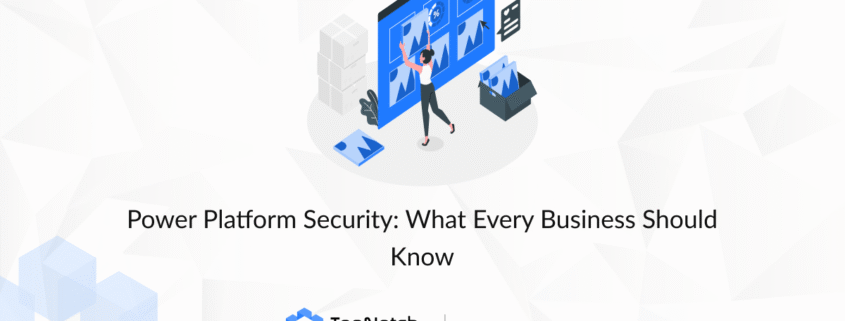Power Platform Security: What Every Business Should Know
Power Platform Security: What Every Business Should Know
With growing reliance on the Microsoft Power Platform, security has become more important than ever. Whether you use Power Apps, Power Automate, or Power BI, understanding and applying best practices for security protects your data and builds trust with stakeholders.
1. Understand the Shared Responsibility Model
Microsoft secures the underlying infrastructure, but you control your app design, user permissions, and data access policies. A clear understanding of this shared responsibility is critical to effective governance.
2. Implement Role-Based Access Control (RBAC)
Define roles and assign the minimum necessary permissions. By limiting access, you reduce the risk of data leaks or unauthorized changes, protecting sensitive information.
3. Use Data Loss Prevention (DLP) Policies
Power Platform DLP policies let you specify which connectors can interact and restrict data flows, preventing accidental exposure of sensitive business data.
4. Monitor and Audit Usage
Enable auditing to track who is accessing and modifying data, and use monitoring tools to identify suspicious behavior or performance issues. This proactive approach strengthens your security posture.
5. Train Your Team on Security Best Practices
Human factors often pose the greatest security risks. Providing training on secure development, data handling, and compliance ensures your team stays vigilant.
6. Leverage Advanced Security Features and Compliance
Take advantage of Microsoft’s built-in encryption, multi-factor authentication (MFA), and compliance certifications (such as GDPR and HIPAA) to protect data and meet regulatory standards.
At TopNotch Tech, we specialize in implementing comprehensive Power Platform security solutions. Our experts help you build secure, compliant apps and workflows tailored to your industry. Protect your business and data—schedule a consultation or browse our security blog posts for the latest best practices.
